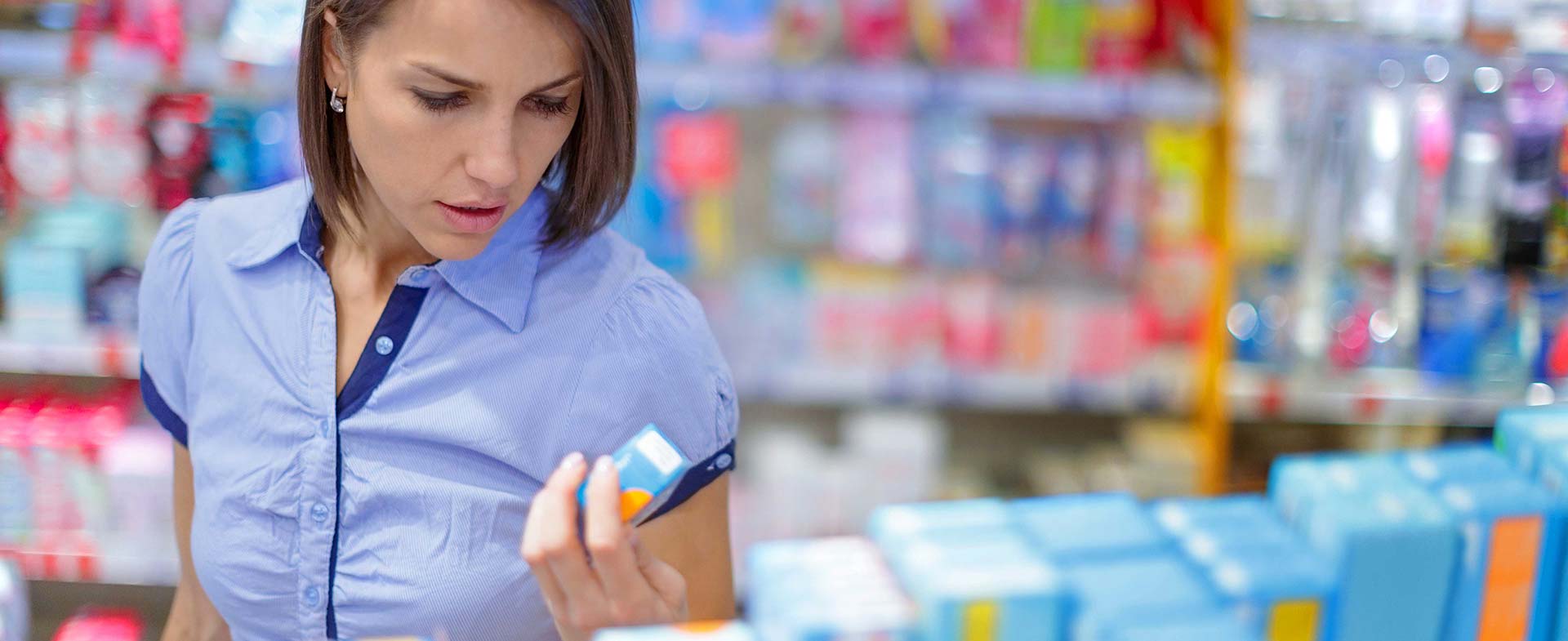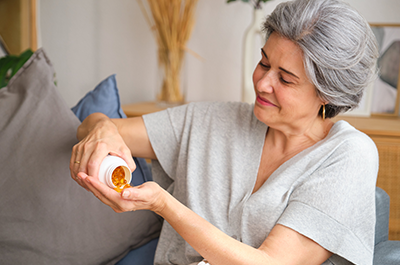Navigating your monthly cycle can be a nuisance — cramps, irritability and cravings are all par for the course. Plus, the products women use to keep their periods under control present another set of problems.
“Conventional feminine hygiene products, including pads and tampons, often contain dioxins from bleach, fragrance for odor control and other irritants,” says Melodee Babcock, a certified nurse midwife at Henry Ford Health. “Some of these products, such as high-absorbency tampons, can increase the risk of bacterial infections and a rare condition called toxic shock syndrome, or TSS.”
Add in the cost of period products and the toll they take on the planet, and the price of a woman’s monthly bill can be pretty steep. Women spend thousands of dollars on feminine hygiene during their reproductive years. In addition, the estimated 300 pounds of tampons and pads each woman throws away end up in a landfill.
Alternative Period Products
Recognizing a demand for products that are healthier for women and kinder to the Earth, manufacturers have created alternative methods of managing that time of the month:
1. Menstrual cups: Menstrual cups seem to have few downsides. “They are usually silicone-based, reusable and you can leave them in for 12 hours,” says Babcock. The cup sits around the cervix and captures menstrual blood as it leaves the uterus. It has a stem that acts like a tampon string for easy retrieval. Some women prefer this option because it allows them to have intercourse without the mess.
The hitch: You have to be comfortable inserting your fingers into your vagina and washing the device after use.
2. Reusable tampons and pads: Tampons and pads also come in reusable varieties that you can wash and wear again. Made of soft, breathable cotton, these products are gentler on your skin. The pads have snaps around the edges that you can wrap around your underwear like “wings” on disposable pads. They come in a variety of sizes and styles and you can wash them with the rest of your laundry.
The hitch: You have to wash them thoroughly and they don’t protect against odor.
3. Sea sponges: Menstrual sea sponges look and act a lot like bath sponges. They come from the sea, so they’re theoretically natural and non-toxic. The sponge shapes itself to your curves and protects you for a full day when positioned properly. One sponge typically lasts for three to six cycles.
The hitch: They can be tough to get out and may leave behind residual dirt and bacteria. And like reusable tampons and pads, you need to wash them.
4. Period panties: Menstrual panties like Thinx and Knixwear build absorbent padding right into the lining. With styles ranging from sexy to athletic, these panties contain menstrual blood without the bulk and frequent changing of traditional pads. Babcock especially recommends them for new moms who are experiencing unpredictable postpartum bleeding. They’re washable, reusable and they won’t add to our growing landfills.
The hitch: You have to be comfortable washing menstrual blood out of your panties. “Odor control can be a problem for some women, too,” Babcock says.
Safer Feminine Hygiene
When it comes to feminine hygiene, women have more options than ever before.
Concerned about irritants? Choose organic cotton. Worried about yeast infections from the constant moisture in your vaginal area? Change pads and tampons frequently. As for serious complications, such as TSS, they’re very rare.
“If you want to stick with conventional tampons, use the lowest-absorbency version and change them during recommended intervals,” Babcock says. Then learn the signs of TSS:
- Muscle weakness
- Fever
- Vomiting
- Diarrhea
- Rash on the palms of the hands and soles of the feet.
“If you spot that rash, go to the emergency room immediately,” Babcock says.
To find a doctor who specializes in women’s health or a certified nurse midwife at Henry Ford, visit henryford.com or call 1-800-HENRYFORD (436-7936).
Melodee Babcock, CNM, is a certified nurse midwife, seeing patients at Henry Ford Medical Center – Livonia and Henry Ford West Bloomfield Hospital.



